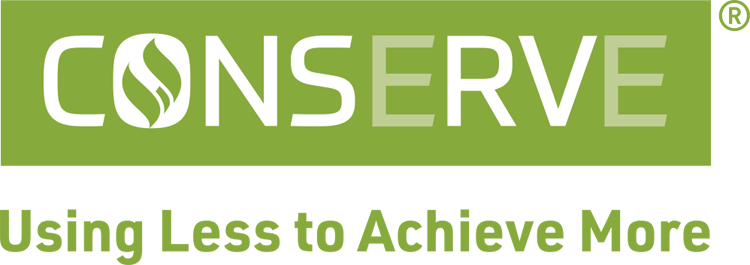What could be worse than your home energy system not working in the heat of summer? As rising temperatures bring more energy usage, it is important to maximize your comfort and cost savings by identifying where your home may be wasting energy. While everyday habits may be the root of inefficiency, there are less obvious signs that might be costing you more than you think. Here are seven signs to look for, and some simple tips to help out your wallet, and the planet.
1. High energy bills
If you are seeing a spike in your energy bill, even with decreased usage, your home may be losing energy through poor insulation or inefficient systems, including a leaky HVAC system.
Tip: Schedule a consultation to check the status of your HVAC and ensure you are changing the air filter monthly.
2. Condensation on the windows
Noticing a moisture buildup on your windows? This may be a sign that your home isn’t sealed or ventilated properly. Condensation is a sign of poor insulation or air leaks. Not only does this waste energy, but it could lead to mold and even high heating and cooling bills because your system is trying to keep up.
Tip: Install double- or even triple-paned windows and use proper weather stripping.
3. Drafts or uneven temperatures
Are you feeling hot air in summer and cold air in winter seeping in around doors, floors, or windows? Drafts are a major red flag that your home is not properly sealed. Since they allow controlled air to exit the home and outdoor air to enter, drafts make it harder to maintain a consistent household temperature.
Tip: Seal the gaps around windows and doors to prevent air leaks.
4. Hot or cold spots in the house
If you are noticing spots in the house that feel much colder or hotter than the rest of the house, this could be an indication of an insulation issue in walls, attics, or crawl spaces. Your HVAC system works overtime when there are temperature spots in the house, and if left unchecked, they could lead to discomfort and bigger utility bills.
Tip: Add the proper insulation to those spaces where you notice a temperature difference, such as attics or crawl spaces. Remember, not all insulation is rated the same, so be sure to consult your HVAC professional for advice.
5. Mold and damp patches
Having consistent mold issues could be a result of poor insulation and ventilation. When moist air isn’t properly managed, it can lead to excess humidity and mold growth. This could be a growing health concern if left unchecked. It could also force your air systems to work harder and use more energy.
Tip: Check around window frames, corner joints where external walls meet, and in poorly ventilated bathrooms and kitchens.
6. Outdated appliances
If you have older appliances, they often consume more electricity and may be decreasing your home’s energy efficiency without you even realizing it, since they lack the efficiency standards of today’s ENERGY STAR labeled options. Over time, these outdated appliances become unreliable and can drive up your home energy bills.
Tip: Replace old appliances with newer, ENERGY STAR approved models to save energy, time, and costs.
7. Not using smart thermostats
Traditional thermostats may get the job done, but they lack the precision and adaptability needed to manage energy use efficiently. Unlike traditional thermostats that cannot adapt to your lifestyle and waste energy, smart thermostats have different control mechanisms, room-specific settings, adaptable timers, and can even predict your desired temperature to accurately control the climate.
Tip: Install smart thermostats around your house to ensure energy efficiency and lower bills. Elizabethtown Gas customers have access to rebates and deals on smart thermostats through our Marketplace.





